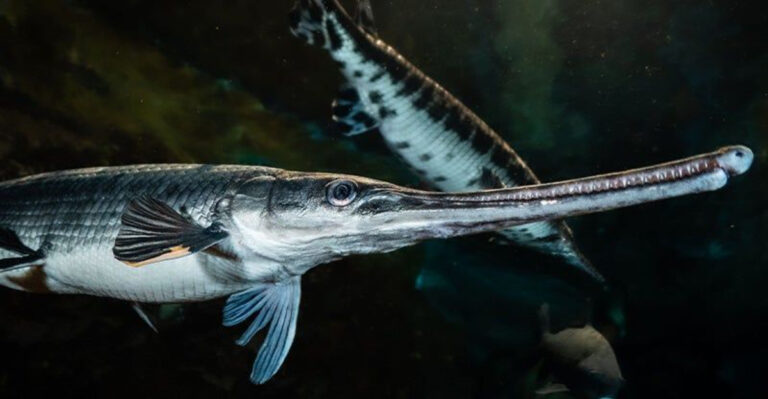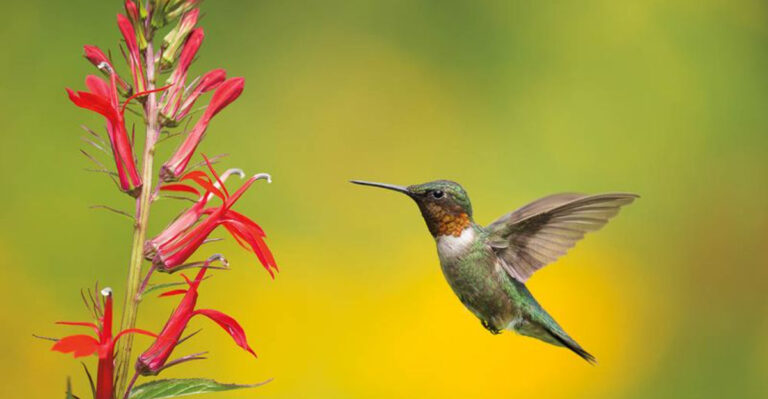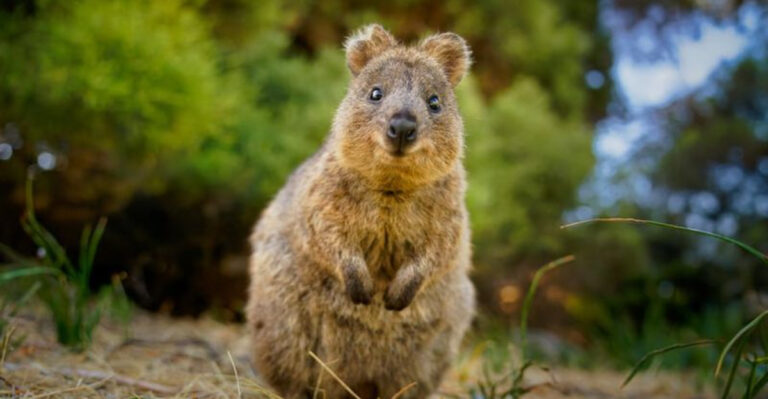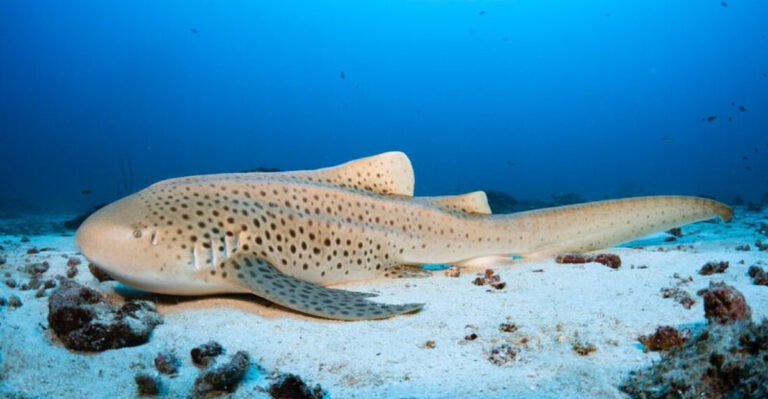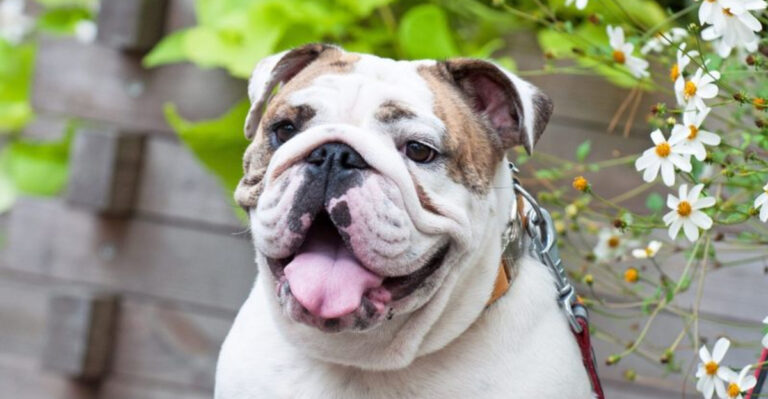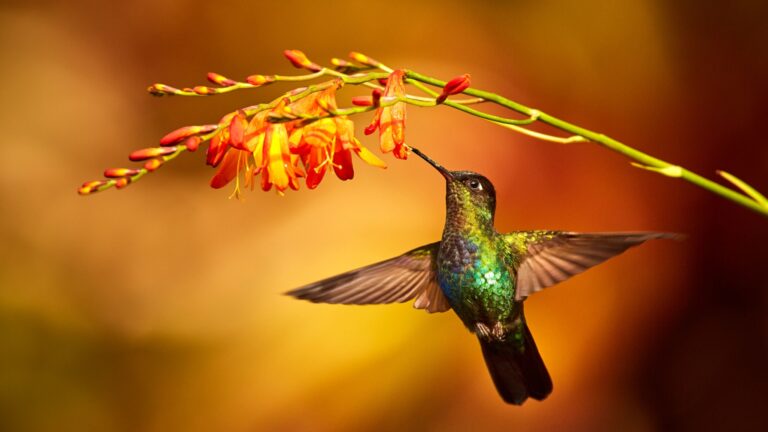15 Dog Breeds People Often Regret Adopting
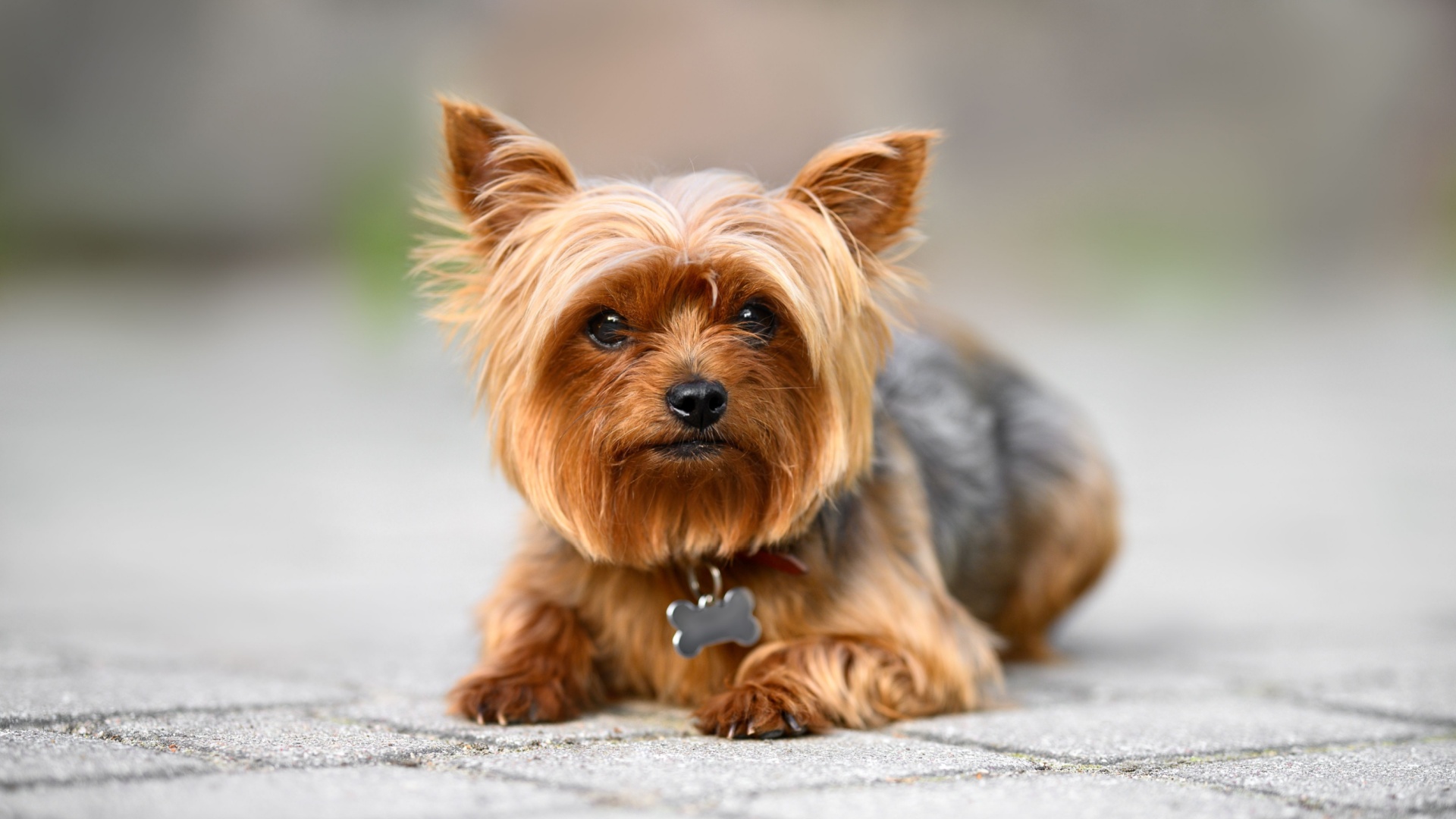
Bringing home a dog is an exciting decision, but sometimes, expectations don’t match reality. Some breeds, while adorable and lovable, come with unique challenges that catch unsuspecting owners off guard.
Whether it’s boundless energy, high-maintenance grooming, or a stubborn streak a mile long, these dogs require more effort than many people anticipate. If you’re thinking about adopting, make sure you know what you’re signing up for – because some owners learn the hard way!
Let’s take a look at the breeds that often leave people feeling in over their heads.
1. Dalmatian
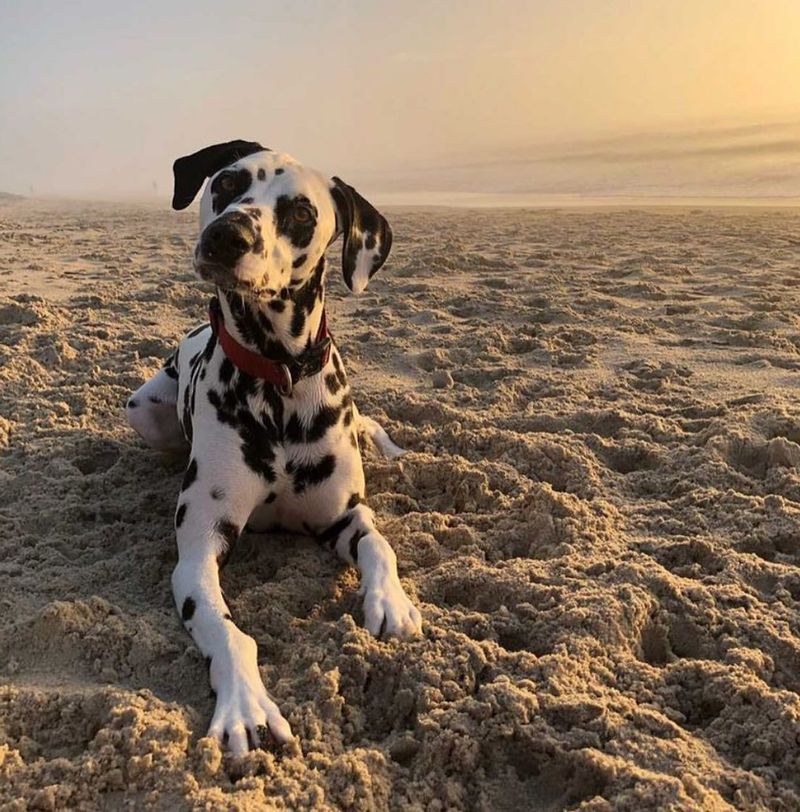
These dogs require significant exercise and mental stimulation to prevent boredom and destructive behaviors. In addition to their energy, Dalmatians are known for their stubbornness and independence. Training a Dalmatian demands patience and consistency, traits that not every dog owner possesses.
Without proper guidance, they might become unruly and challenging to manage. Moreover, Dalmatians have specific dietary needs and can suffer from urinary issues if not properly monitored. Prospective owners should be aware of these potential health concerns and be prepared for the additional care required.
Despite their beauty, Dalmatians are a commitment that not everyone is ready to undertake. They demand time, patience, and understanding to thrive in a home environment.
2. Chow Chow
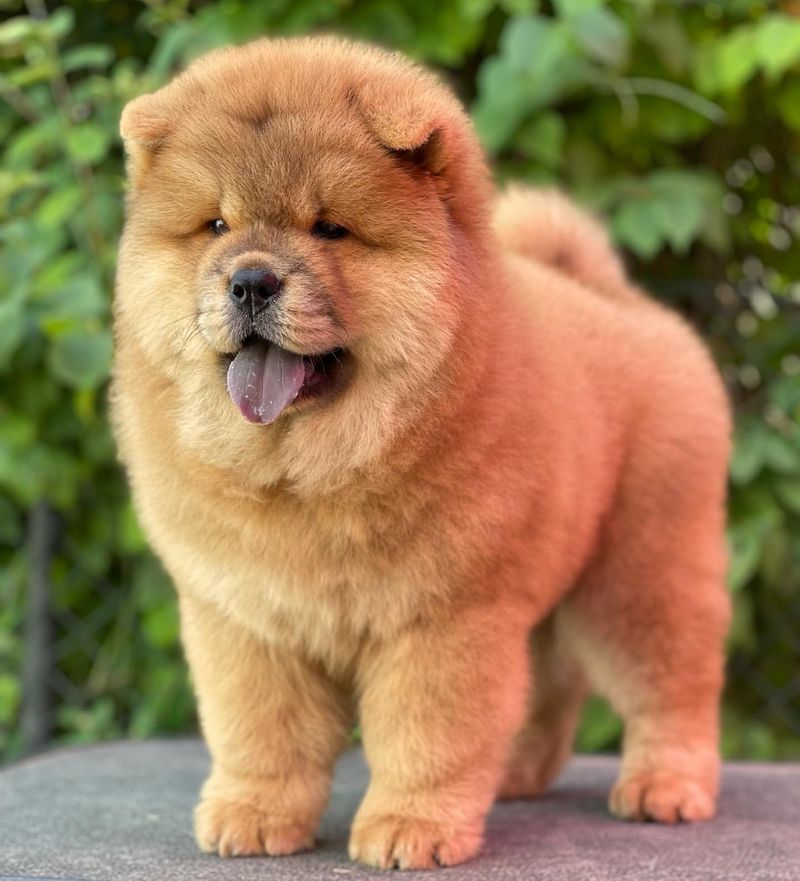
The Chow Chow, with its lion-like mane and regal appearance, is a breed that commands attention. Yet, their beauty can be deceiving, as they are known for their aloof and independent nature. This breed is not the cuddly teddy bear it might appear to be. Chow Chows often possess a strong will and are not naturally inclined to follow commands.
Training requires firmness and consistency, which can be challenging for inexperienced dog owners. Their stubborn streak often leads to frustration for those unprepared for their unique temperament. Furthermore, Chow Chows are protective and can be wary of strangers, necessitating early socialization to prevent aggressive behaviors.
Their thick coats also require regular grooming to avoid matting and skin issues. For those seeking a sociable and easygoing pet, the Chow Chow may not be the ideal choice.
3. Jack Russell Terrier
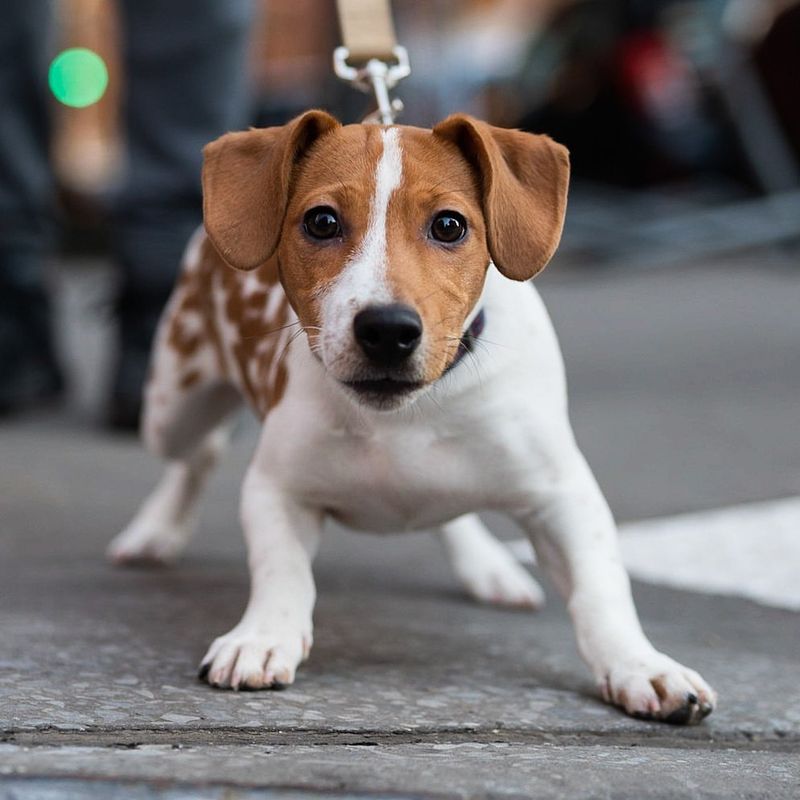
Their lively nature can be a double-edged sword, as they require extensive mental and physical stimulation. Without it, they may resort to digging, chewing, and other mischievous activities. These terriers are natural hunters, often driven by their instincts to chase small animals. This trait can be problematic in households with other pets, as their prey drive is difficult to suppress.
Prospective owners should consider this before bringing a Jack Russell into a multi-pet home. Moreover, Jack Russells can be stubborn and require patient, consistent training. Their intelligence, while a blessing, means they can outsmart their owners if not properly managed.
For those looking for a low-maintenance and laid-back companion, this breed may present more challenges than anticipated.
4. Afghan Hound
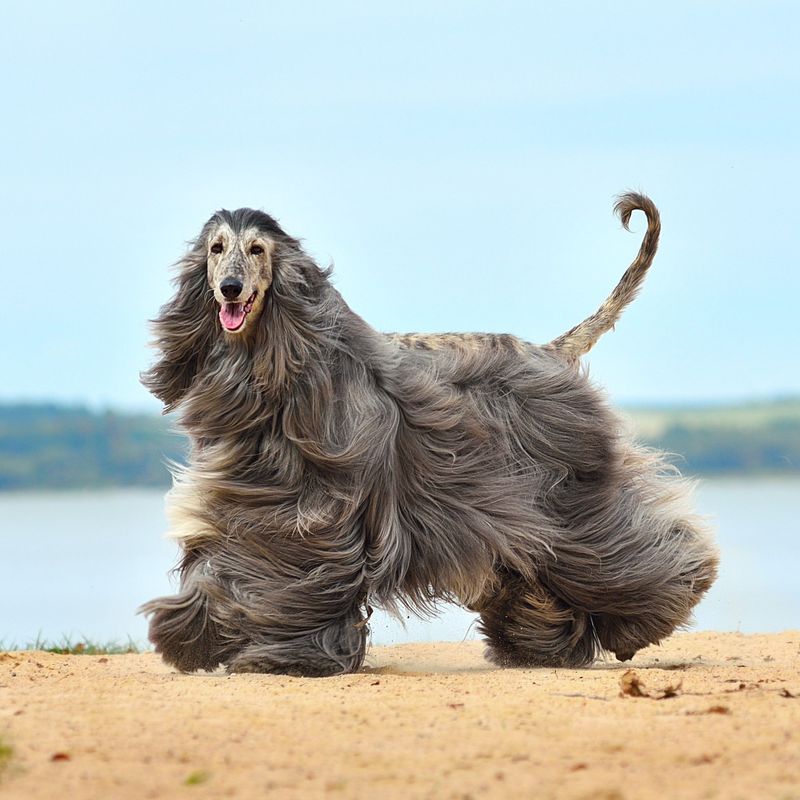
The Afghan Hound is renowned for its striking appearance and elegant demeanor. However, maintaining their luxurious coat is a time-consuming task that many owners underestimate. Regular grooming is essential to keep their hair from tangling and to maintain their distinctive look.
Beyond their grooming needs, Afghan Hounds have an independent spirit. They often exhibit aloofness and may not form the strong bonds that other breeds do. This independence can be mistaken for aloofness, making them seem detached from their owners. Afghan Hounds also possess a strong prey drive, often chasing after anything that moves.
This instinct requires secure fencing and vigilance during walks. While they are undeniably beautiful, Afghan Hounds demand time, effort, and understanding to thrive as companions.
5. Akita
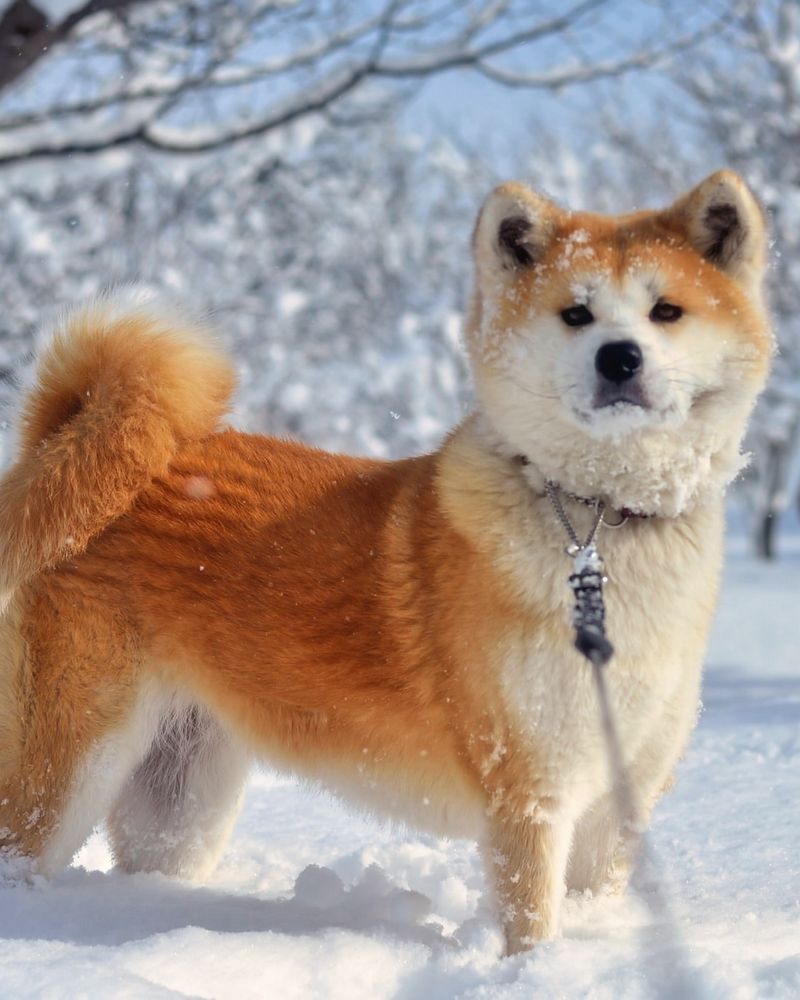
Akitas are magnificent dogs known for their loyalty and strength. However, their dominant and territorial nature can be challenging for inexperienced owners. They require firm leadership and consistent training to prevent them from becoming overly protective.
Their independent and sometimes aloof demeanor means they are not always eager to please, which can make training a test of patience. Akitas are known to be wary of strangers and other animals, making early socialization crucial to ensure they are well-adjusted.
Additionally, their thick double coat requires regular grooming, particularly during shedding season. Prospective owners should also be aware of the breed’s health concerns, such as hip dysplasia.
While Akitas are loyal companions, they require a dedicated owner willing to invest time and effort into their upbringing.
6. Border Collie
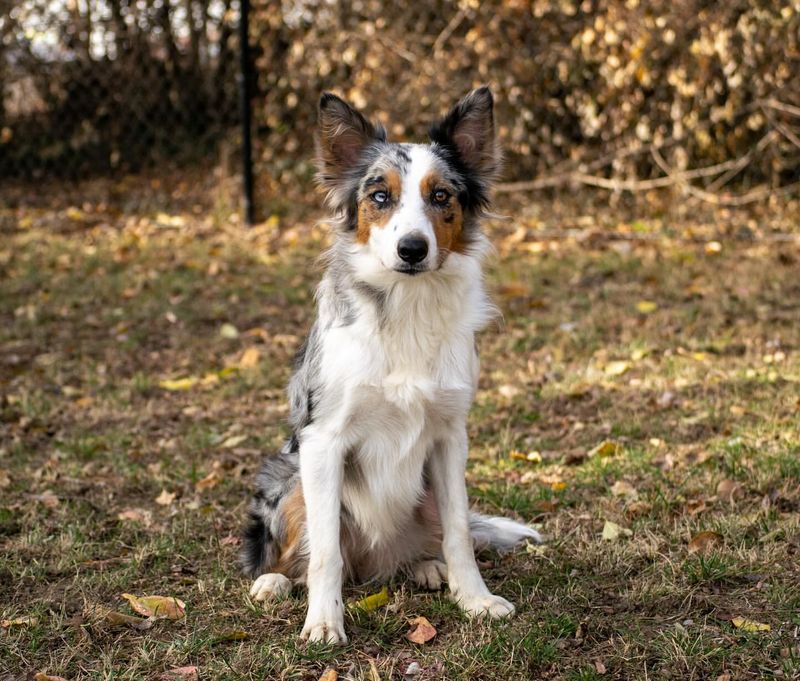
Their need for constant mental and physical stimulation can be overwhelming for those not prepared for their demands. These dogs thrive when they have a job to do and can become bored and destructive when left idle.
Their high energy levels and intelligence require a commitment to regular exercise and training, which can be a challenge for less active families. Moreover, Border Collies can develop behavioral issues if their needs are not met, leading to anxiety and restlessness.
Prospective owners must ensure they can provide the stimulation and structure these dogs require. For those seeking a low-energy pet, the Border Collie is not the ideal match.
7. Bulldog
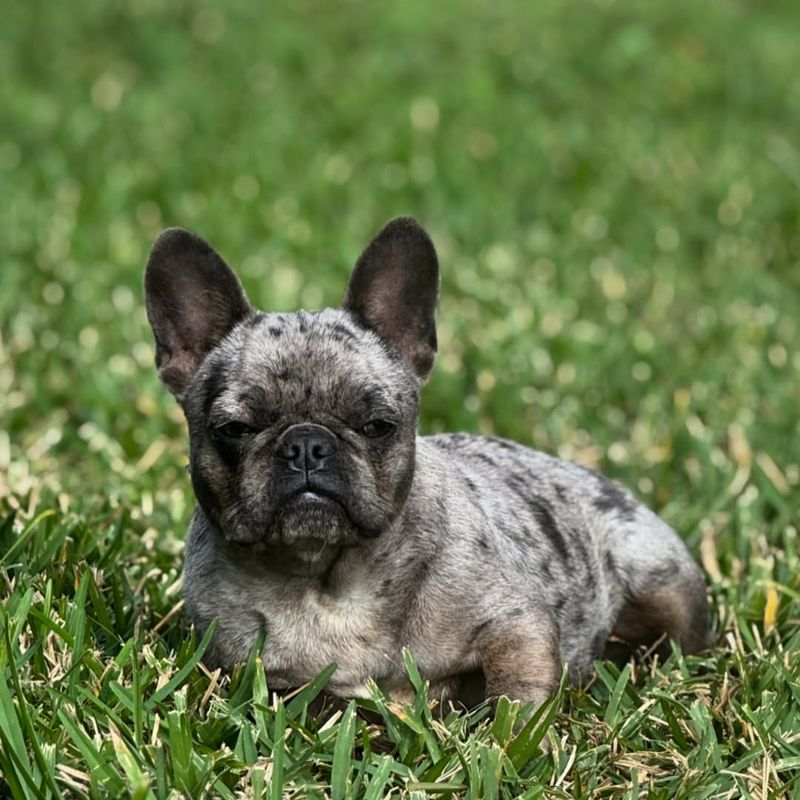
Bulldogs are known for their distinctive appearance and laid-back demeanor, making them popular family pets. However, their unique physical characteristics come with a host of potential health issues. Respiratory problems, joint issues, and skin infections are common, leading to frequent vet visits.
Their sedentary lifestyle and love for lounging can exacerbate weight gain, necessitating careful monitoring of their diet and exercise. Bulldogs are not suited for hot climates, as their short snouts make them prone to overheating.
While they are affectionate and gentle, their stubbornness in training can be frustrating. Prospective owners should be prepared for the time and financial investment required to maintain a Bulldog’s health and happiness.
Despite their challenges, Bulldogs can be loving companions for the right family.
8. Cocker Spaniel
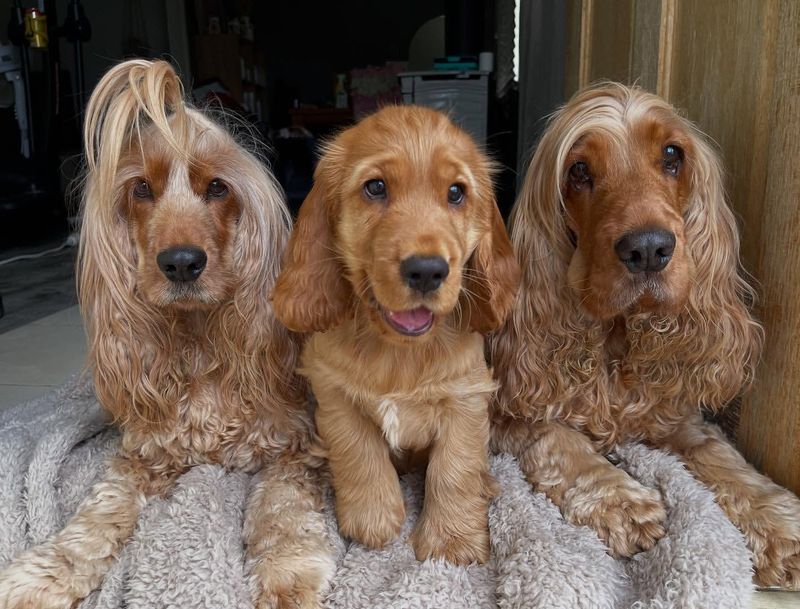
Their long, silky coats require regular maintenance to prevent matting and ear infections, which can be a significant commitment. Beyond grooming, Cocker Spaniels are prone to separation anxiety, making them unsuitable for owners who are frequently away.
Their need for companionship means they thrive best in households where someone is usually present. Additionally, Cocker Spaniels can be sensitive and require gentle, positive reinforcement during training.
Their affectionate nature makes them wonderful companions, but potential owners should be aware of the time and effort needed to care for them properly. They are best suited for families who can provide the attention and care they crave.
9. Dachshund
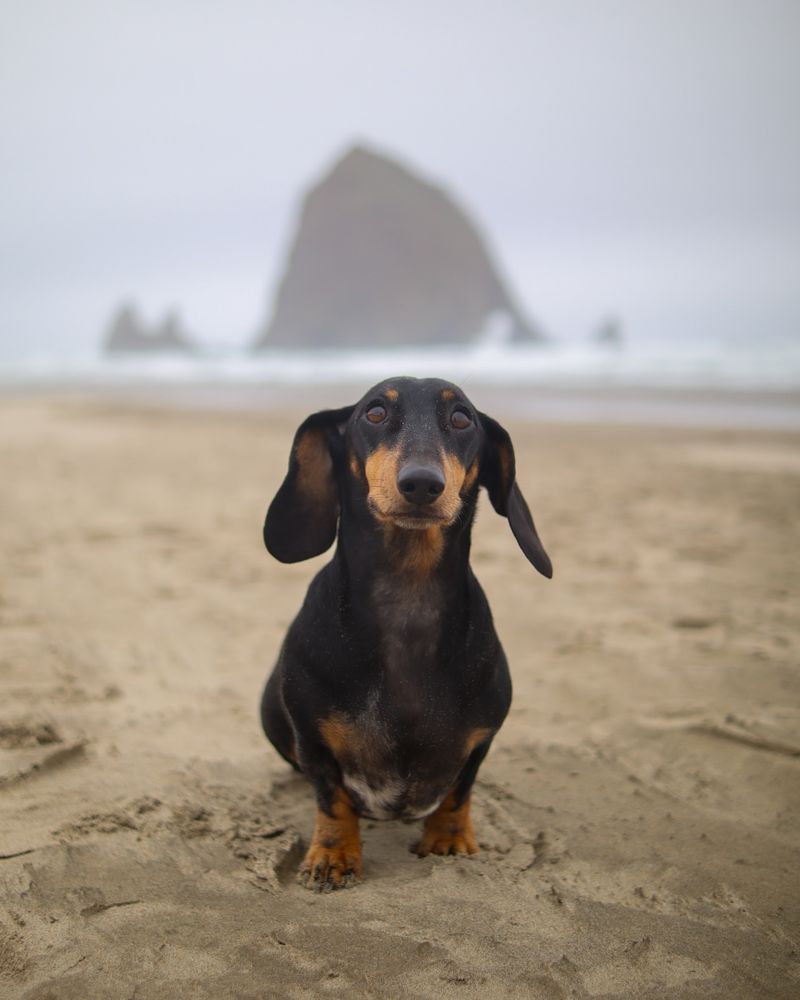
Dachshunds, with their distinctive long bodies and short legs, are charming and playful companions. Yet, their unique physique makes them prone to back problems, particularly intervertebral disc disease, which can lead to expensive medical treatments.
These spirited dogs are also one of the most stubborn breeds and can be a challenge to train. Patience and consistency are key, as they often have a mind of their own. Dachshunds are also notorious for barking, which can be a nuisance in quiet neighborhoods.
Dachshunds have a strong prey drive, making them inclined to chase after small animals. Owners should be cautious when allowing them off-leash.
10. Great Dane
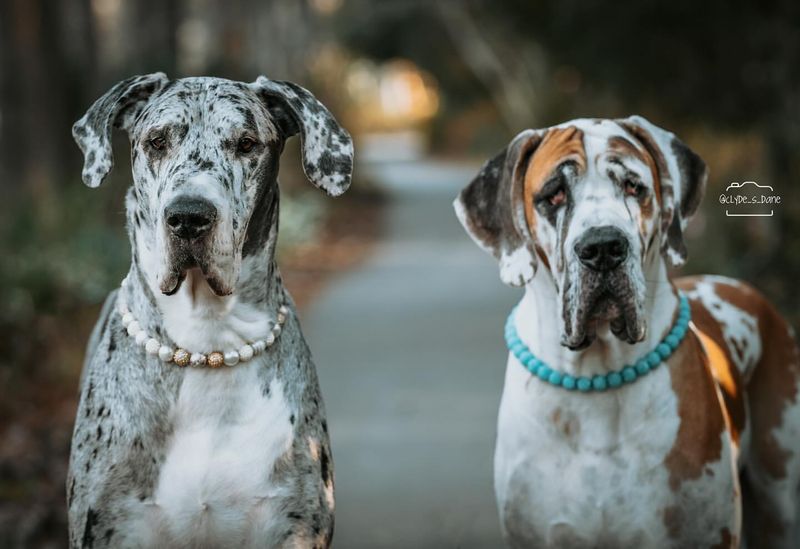
Great Danes are known for their imposing size and gentle disposition, earning them the nickname “gentle giants.” However, their large size can be a deterrent for many potential owners. They require ample space to move around comfortably, which is not always feasible in smaller homes or apartments.
Their size also contributes to higher costs in terms of food, medical care, and transportation. Additionally, Great Danes have a shorter lifespan compared to other breeds, which can be heartbreaking for families looking for a long-term companion. They are prone to certain health issues, such as bloat, which can be life-threatening.
While their calm demeanor makes them excellent family pets, prospective owners must be prepared for the financial and emotional aspects of caring for such a large breed.
11. Pekingese
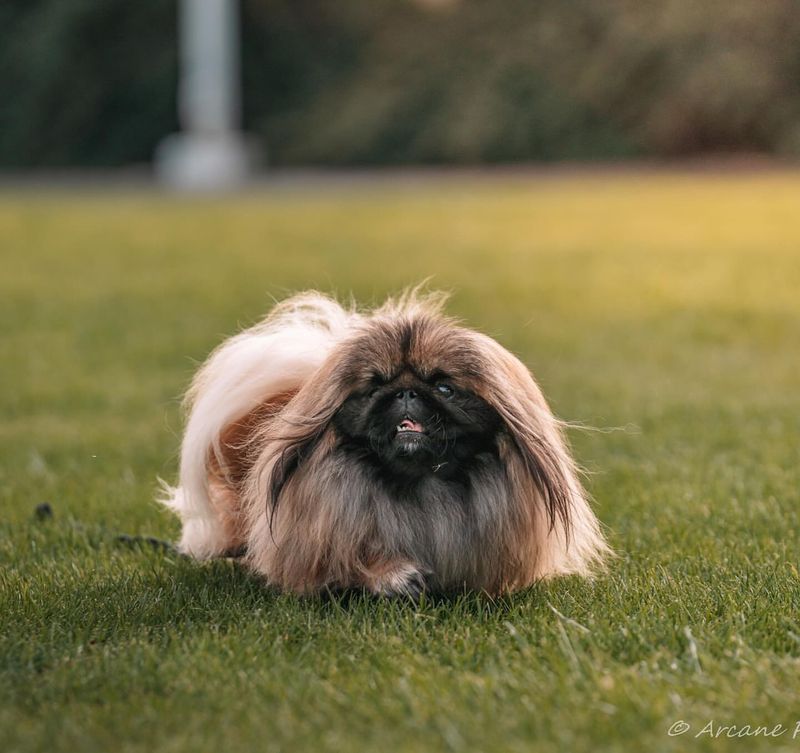
With its regal appearance and flowing mane, the Pekingese exudes an aura of sophistication. Yet, their dignified nature can be mistaken for aloofness, as they are not always eager to please. This breed can be quite independent, often asserting their own will.
Due to their brachycephalic structure, Pekingese are prone to respiratory issues and require careful monitoring in warm weather. Their luxurious coats also demand regular grooming to prevent matting and skin irritations. Pekingese can be stubborn, making training a challenge without the right approach.
They are best suited for owners who appreciate their unique personality and are willing to invest time in their care. While their charm is undeniable, they require patience and understanding to thrive.
12. Poodle
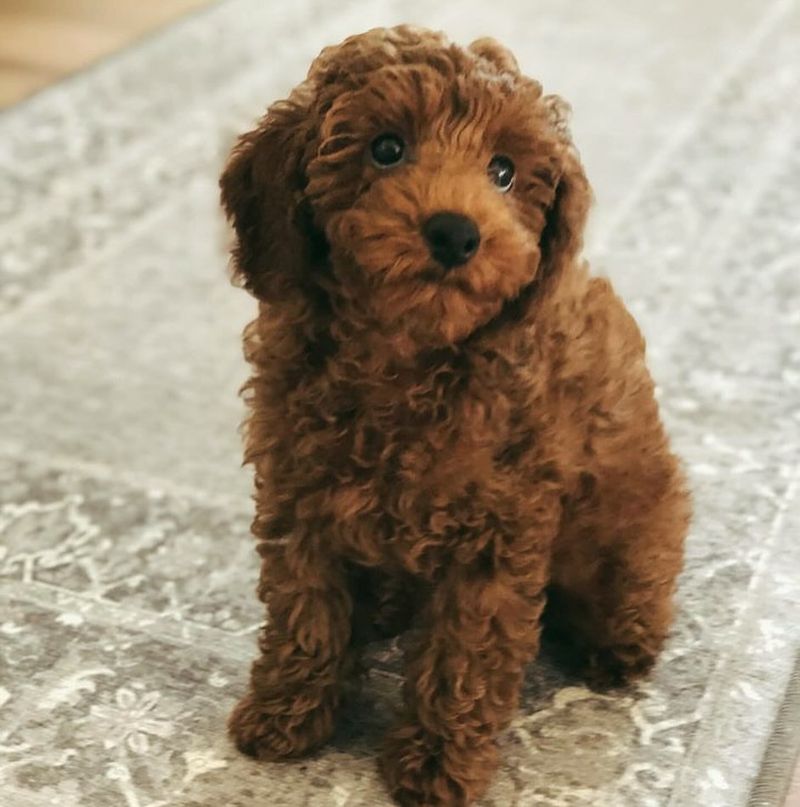
Poodles are celebrated for their intelligence and distinctive appearance, often seen as the epitome of elegance. However, their intelligence comes with a need for mental stimulation, which can be a challenge for owners who underestimate their demands.
Regular grooming is a crucial aspect of Poodle ownership, as their curly coats require meticulous maintenance to prevent matting. This can be time-consuming and costly, especially if professional grooming services are needed.
Poodles are highly active and thrive on interaction and exercise. Without proper engagement, they can develop behavioral issues and become destructive.
For those willing to invest time and effort, Poodles can be delightful companions, but they are not the low-maintenance dogs some might expect.
13. Rottweiler
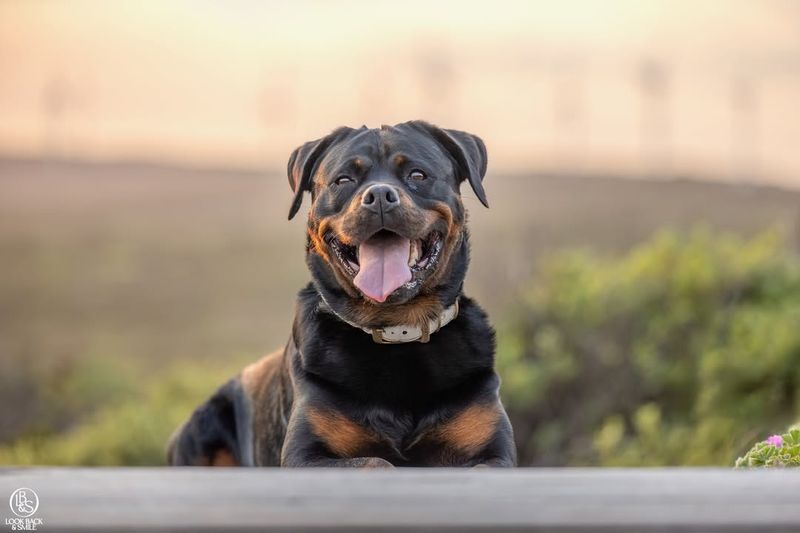
Rottweilers are powerful dogs known for their loyalty and protective nature. However, their strength and determination can be daunting for inexperienced owners. They require firm training and socialization from a young age to ensure they are well-adjusted and behave appropriately.
These dogs are naturally protective, which can lead to aggressive behaviors if not properly managed. Prospective owners need to be committed to their training regimen to prevent potential issues. Rottweilers also thrive on companionship and do not do well when left alone for extended periods.
They are best suited for active families who can provide them with the attention and exercise they need. While they can be loving companions, their ownership comes with responsibilities that must not be overlooked.
14. Siberian Husky
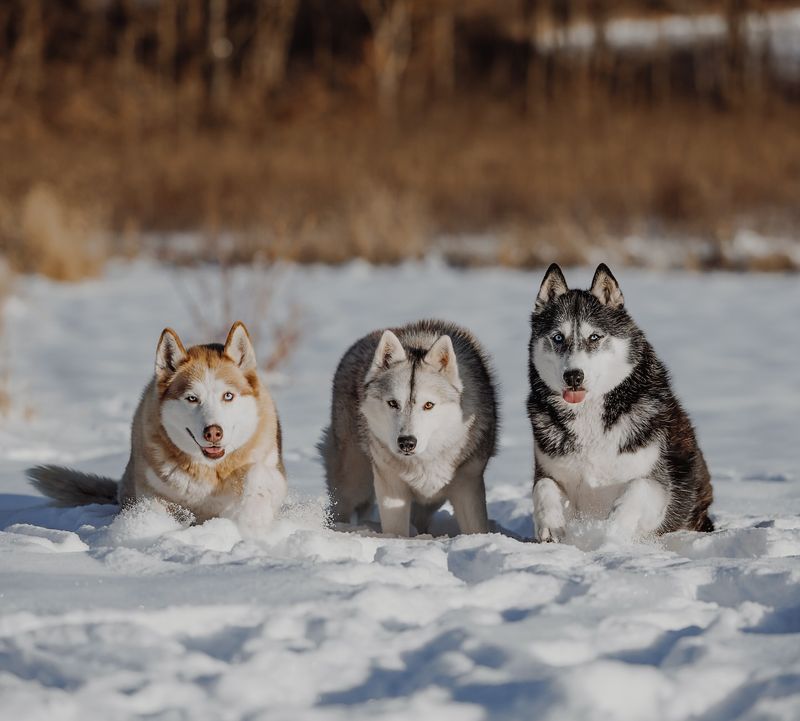
With their striking eyes and wolf-like charm, it’s easy to see why these dogs captivate so many hearts. However, their high energy and independent streak can be overwhelming for unprepared owners. Known for their impressive escape skills, they require secure fencing to prevent unexpected adventures.
A lack of exercise can quickly lead to destructive behavior, making them best suited for highly active individuals. Their strong pack mentality and stubborn nature also make training a challenge, requiring patience and consistency.
While undeniably mesmerizing, these dogs thrive in homes that can match their need for physical and mental stimulation.
15. Yorkshire Terrier
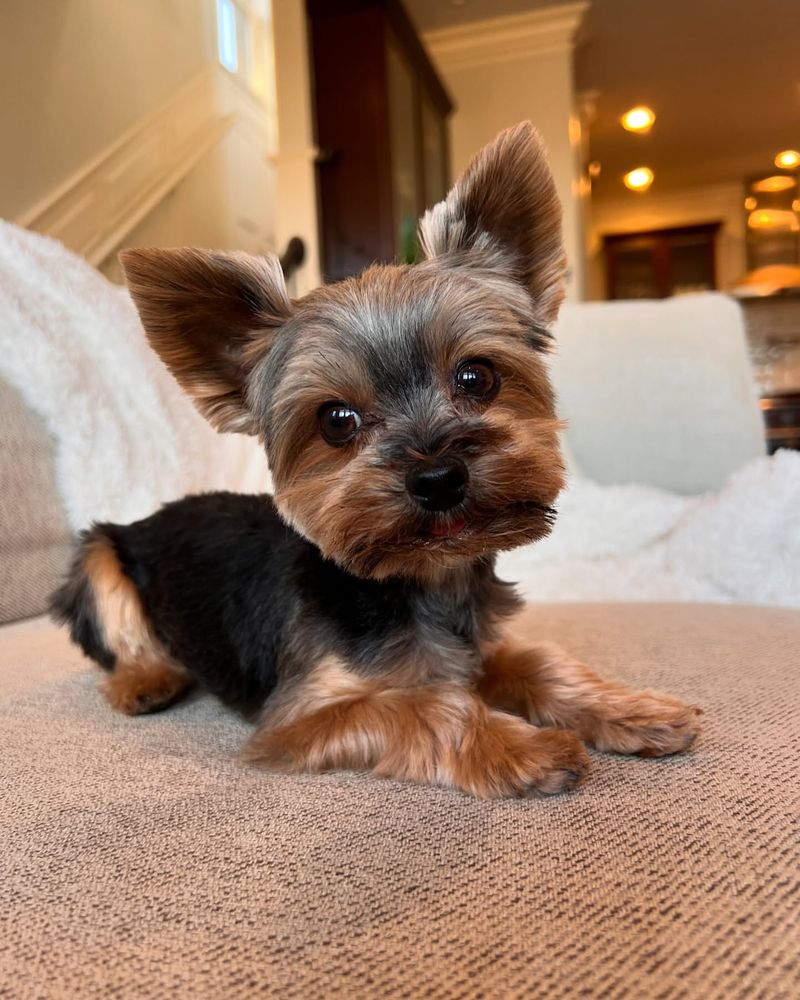
Yorkshire Terriers, affectionately known as Yorkies, are small dogs with big personalities. Their confident and sometimes feisty demeanor can be charming, yet challenging for those unprepared for their spirited nature.
Despite their petite size, Yorkies require regular grooming to maintain their beautiful, silky coats. This can be a time-intensive task, especially if one opts for the traditional long-haired look. Moreover, Yorkies are known for their vocal nature, often barking at the slightest noise.
This trait can be problematic in apartment settings with close neighbors. While they are endearing and lovable companions, prospective owners should be ready to embrace their high-maintenance grooming needs and lively temperament.
Yorkies thrive in environments where they are cherished and given the attention they deserve.

